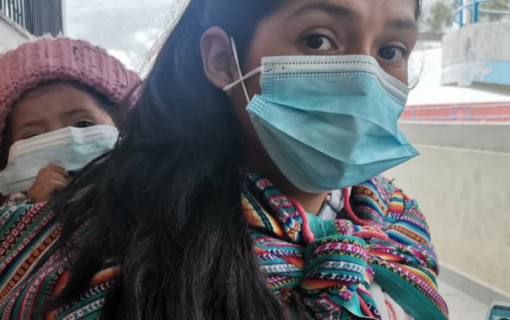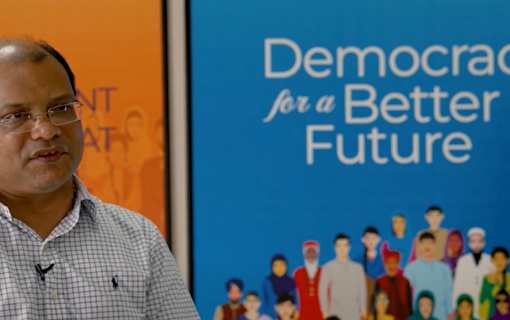Sierra Leone: A Pre-Election Assessment Report, December 1991
INTRODUCTION
In the fall of 1991, the Government of Sierra Leone approached the U. S. Embassy and other foreign governments requesting assistance in meeting the material, technical and financial demands of making a smooth transition to multi-party democracy, and implementing its first presidential and parliamentary elections under its newly adopted constitution. In response, the U.S. Embassy in Sierra Leone contacted the International Foundation for Electoral Systems (IFES), an independent, non-governmental organization based in Washington, D.C. Under a grant from the U. S. Agency for International Development, IFES assembled a three-member team of consultants, including members from the United States and the United Kingdom, to visit Sierra Leone on a 13 day mission to assess the strengths and weakness of the new election process, and the Government's readiness and capability of conducting free, fair and democratic elections in 1992.
It was anticipated that the focus of the IFES team's examination would be on the electoral system itself. Generally, the team was to evaluate elements related to the overall effectiveness of the system's legal and administrative procedures in meeting acceptable standards commonly associated with the conduct of free, fair and accountable elections. Based on its findings, the team was also to make recommendations for improvements to the process as well as proposals for participation by friendly foreign governments and donor agencies in supporting Sierra Leone's pursuit and implementation of a peaceful and effective transition to a multi-party democratic system of government. The various components to be reviewed included:
• the legal structure underpinning the electoral process; specific technical applications related to voter registration and maintenance of voter rolls;
• preparation, procurement and distribution of balloting materials and other election commodities;
• polling place procedures;
• voter education and motivation;
• training of election officials;
• component groups of the electorate, including opposition parties, military, civic organizations, and student groups; and
• ballot security, vote counting and certification of election results.
The team has attempted to provide a comprehensive exploration of all of these elements in the report that follows.
However, the team discovered that there were other considerations which were as significant to the prospects of a successful transition to a multi-party democracy as any of the particulars of the electoral system itself. Some of these considerations are also discussed in this report. They relate to the social and economic environment, and the political context in which the elections are to take place. Most significantly, they relate to the sense of distrust and suspicion which appears to pervade the perceptions and expectations of the people of Sierra Leone and which was openly expressed to the team in essentially every encounter in which the members engaged during the course of their stay.
The team members were moved by the enthusiasm and candor with which they were received by every group with whom they met. But of greater significance was the way in which the team was perceived and heralded as a glimmer of hope. The team was deeply struck by the widely held belief expressed to them at every turn that it would only be through the oversight, intervention and active participation of outside forces, foreign governments and international technical advisors and monitors that free and fair elections could be held in Sierra Leone. There appears to be a general sense of doubt surrounding the motivations and level of commitment of the current government and ruling party in seeing the new form of government come to fruition, as well as concern regarding the independence and general competence of the Electoral Commission.
Read the Full Report.









